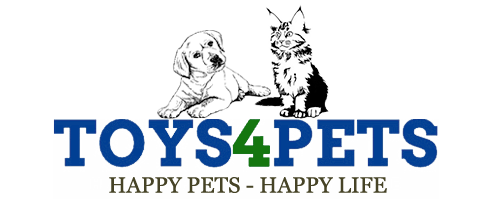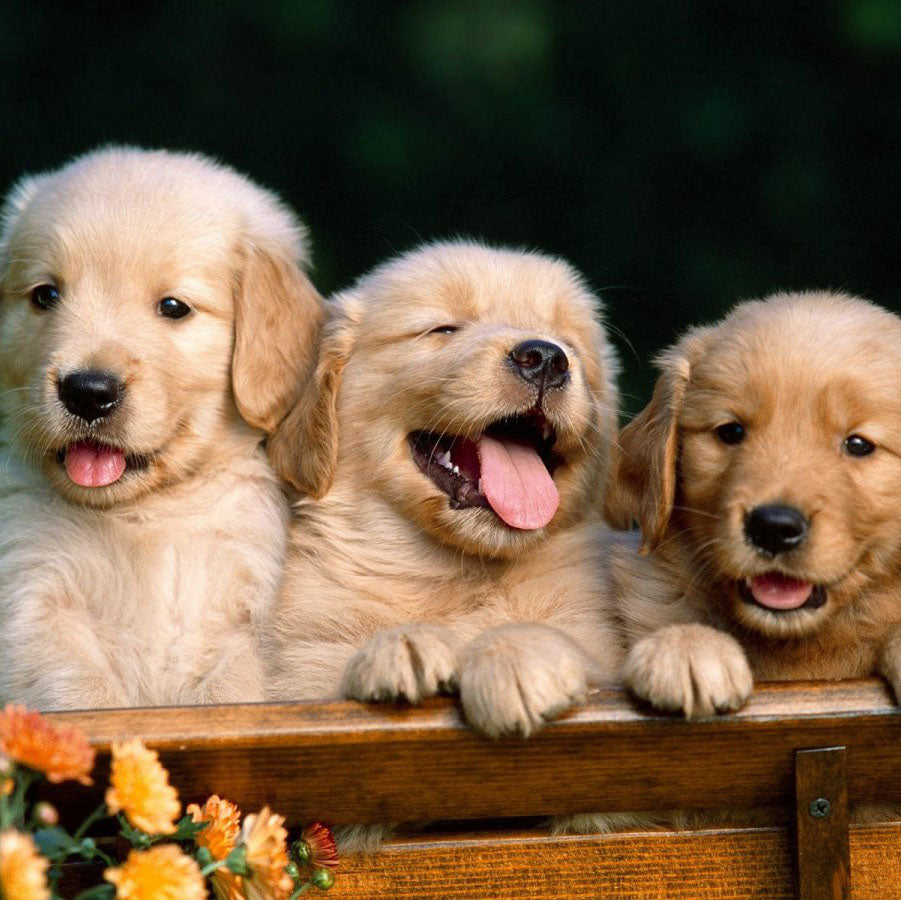Just like humans, pets also require regular dental care to maintain healthy teeth and gums. Proper dental hygiene is essential for their overall well-being and can prevent dental diseases that can cause pain and discomfort. In this article, we will provide you with valuable tips on how to keep your pet's teeth and gums healthy, ensuring they have a lifetime of good oral health.
Daily Brushing
Regular brushing is the cornerstone of good dental care for your pet. Get a pet-specific toothbrush and toothpaste from your veterinarian and establish a daily brushing routine. Start slowly, gradually introducing the toothbrush and toothpaste to your pet. Use gentle circular motions to brush their teeth, focusing on the gum line. Be patient and reward your pet with praise and treats for their cooperation.
Dental Chews and Toys
Dental toys can be excellent additions to your pet's oral hygiene routine. Look for dental-specific chews that are designed to promote chewing and reduce plaque and tartar buildup. Opt for toys that encourage chewing and play, as this can help remove debris from their teeth. However, be cautious with hard toys that can cause tooth fractures or other dental injuries.
Healthy Diet and Nutritional Supplements
A balanced and nutritious diet plays a significant role in maintaining your pet's dental health. Provide them with high-quality pet food that promotes oral health, such as kibble specifically designed to reduce tartar buildup. Additionally, consider incorporating dental health supplements into their diet, such as water additives or dental treats that can help control bacteria and freshen their breath.
Regular Dental Check-ups
Just like humans, pets benefit from regular dental check-ups by a veterinarian. Schedule routine dental examinations to assess your pet's oral health and identify any potential issues early on. Your veterinarian can perform professional dental cleanings and address any dental diseases or abnormalities. They may also provide recommendations for additional dental care practices specific to your pet's needs.
Monitor Dental Warning Signs
It's essential to be vigilant and monitor any warning signs of dental problems in your pet. These signs may include bad breath, swollen or bleeding gums, difficulty eating or chewing, excessive drooling, loose or missing teeth, and changes in appetite or behavior. If you notice any of these signs, consult your veterinarian for a thorough dental examination and appropriate treatment.
Water Additives and Oral Rinse
Water additives and oral rinses can be effective in promoting oral hygiene for your pet. These products are added to your pet's drinking water and help control plaque and bacteria. However, it's crucial to follow the instructions provided by the manufacturer and consult with your veterinarian to ensure the product is safe and suitable for your pet.
Professional Dental Cleanings
In addition to at-home dental care, professional dental cleanings are necessary to maintain your pet's oral health. These cleanings are typically performed under anesthesia and involve scaling and polishing of the teeth. Professional cleanings allow for a thorough examination and removal of tartar and plaque that cannot be achieved through regular brushing alone.
Be Patient and Consistent
Maintaining your pet's dental health requires patience and consistency. It may take time for your pet to get used to dental care routines, but with positive reinforcement and gradual introduction, they will become more comfortable with the process. Remember to be consistent with daily brushing, dental check-ups, and providing dental care products to ensure the best results.
Taking care of your pet's teeth and gums is crucial for their overall health and well-being. By incorporating daily brushing, dental chews and toys, a healthy diet, regular check-ups, and monitoring warning signs, you can ensure your pet be healthy and happy




